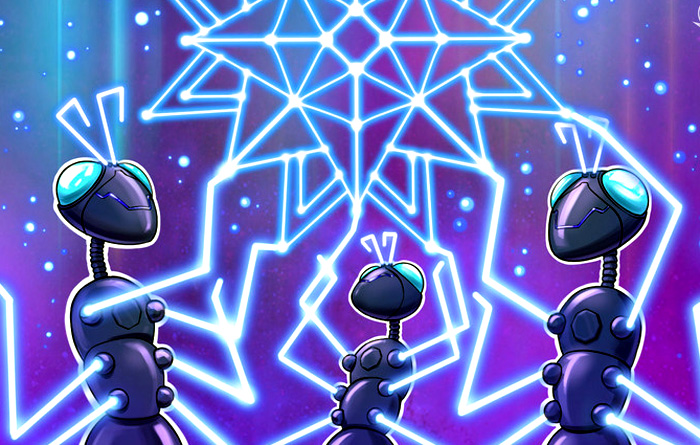Anatoly Yakovenko, who helped start the Solana network, says that network outages are still its biggest problem.
Yakovenko says that there have been a number of network outages on the Solana network since it started up in 2020. These outages have been caused by a number of different congestion and spam events.
In an interview with Real Vision co-founder Raoul Pal on September 2, Yakovenko said that the network outages were Solana’s “curse.” He also said that the outages were caused by the low cost of transactions on the network.
“I guess that’s been our curse, but because the network is so cheap and fast, there are enough users and apps to make that happen.”
Related: Uniglo (GLO) is persuading people who own Solana (SOL) and is slowly gaining support in the Fantom (FTM) community.
But the CEO of Solana said that the network itself hasn’t been hacked, even though the outages have kept people from using it. He also said that each blockchain is built differently and has its own “failure case.”
Yakovenko pointed out, for example, that when the production of Bitcoin network blocks stopped for two hours in the past, it was still seen as normal.
“[Bitcoin] is made to be very strong. When a lot of Chinese mining power went down, there were times when two hours went by between blocks. and that’s totally fine,” he said, adding that Solana would see the same stop in production as a failure.
“SOLANA is designed to make a block every 400 milliseconds, so if two hours pass between blocks, the network is dead.”
Solana was made to be a smart contract platform with fast transactions and low costs. It handles “30 million transactions per day,” which is “more than all other chains put together,” said Yakovenko.
“Once you make a faster network, the failure case is different than with Bitcoin or Ethereum.”
But Yakovenko said that the outages themselves aren’t all bad because “all of these problems come from the fact that we have users.”
“This is our biggest challenge, which is maybe the one I like to have because we have users on the chain every day and these challenges keep coming,” he said.
Related: Solana’s price drops after the latest network outage, which shows how unreliable it is.
Since its launch in 2020, Solana has had at least seven network outages, with five of them happening in 2022 alone. In September 2021, one of the longest production stops took up to 17 hours.
Related: Helium developers suggest abandoning their own blockchain in favour of Solana.
Yakovenko said that the network problems were caused by the validators not being able to handle the high number of transactions during peak times:
“I think some people have seen a validator receive 10 million packets per second. “And if any of these validators has a bug that causes memory to grow very quickly, that validator could shut down.”
Some of the most important are a denial-of-service attack on the Raydium protocol caused by bots spamming it in September 2021, a seven-hour outage on a nonfungible token (NFT) application caused by bots in May 2022, and a code bug that stopped the network from making blocks in June 2022.
The Solana token (SOL) is now worth $32, which is an increase of 3.83% in the last 24 hours.

